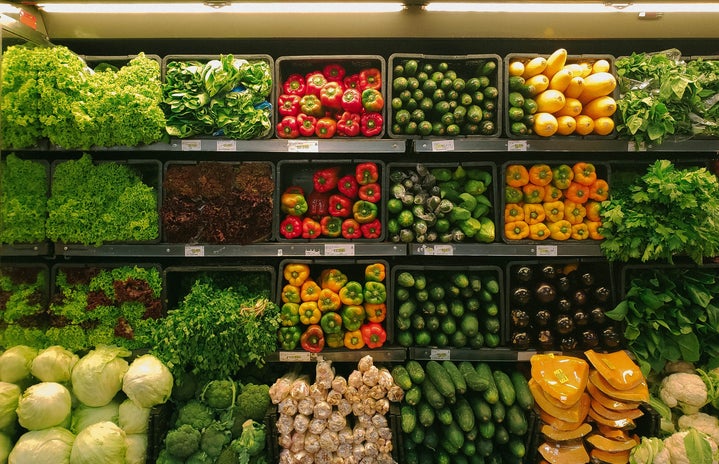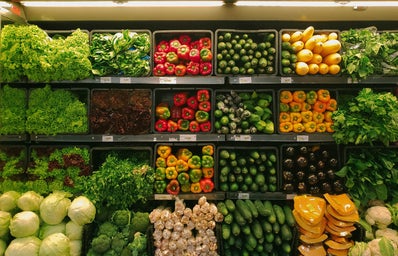Have you ever thought about how your steak was created? I am not talking about the frying pan covered in exotic spices and your piece of meat roasting there. I am referring to a dirty pig or sick cow who is pressed with its peers in the closed, dark cage, waiting for walls to squish and break its bones and end its suffering. Some pictures representing these or even worse scenes were included in the documentary called “Food.Inc.” This documentary emphasizes some hidden problems that society tries to cover from the customers. Inhumane treatment of brutes and workers in factories and the consequences of that, for instance, fatal diseases, obesity, and diabetes are just some of the examples of those secrets. The film shows that these creatures are not animals anymore, they are just the means of production. They are just our soulless, worthless food.
We started living in pastoralism not so long ago, but due to technological progress, our use of domesticated beasts became very efficient. Unfortunately, also due to the same progress we forgot how to care about those animals. They are abused in our factories. Due to the high demands that companies need to meet, people do not care about the feelings of the animals and what may be good for them. Chickens who have never seen the sunlight in their lives, cows in whose skins you can find the small universe made of dangerous viruses, for instance, E. coli, or pigs whose bodies are way bigger so their bones cannot handle it are the norm for big manufactories. The fact that leaders of food production do not consider brutes as something alive is terrifying. Firms do not pay attention to what is happening with their creatures. The animals get sick, and after they get slaughtered, their illness gets in our food. The worst thing of all is that except being silently and unnoticeably poisoned, individuals may get killed by some of those diseases. E. coli is one of them. There have been many incidents when children would be dead after eating something that happened to have E. coli. Even though people’s adaptation towards some viruses can be quiet and we do not usually pay attention to that, we cannot ignore deaths.
It seems like we cannot, but everything can be disregarded if you have enough money for that. There is a monopoly among food companies. They get millions of dollars, thus contributing to the financial part of the country. Due to this fact, the government closes its eyes on whatever firms may do behind the scenes. Unfortunately, they do a lot of bad things. Except for disregarding diseases, they hire immigrants and, using the disability of later to complain and fight for their rights, they place them in very bad working conditions. Moreover, if any complaints occur, factories just fire workers. Due to the progress that they achieved because of the division of labor, manufactories are willing to sacrifice unsatisfied blue-collar because they know that they can find the replacement for him/her very fast.

Food firms are lifeless huge controllers who would do anything to keep their monthly paychecks. We, the people, contribute to it every month. We do not care about the immense amount of sugar, salt, and fat that they are feeding us with. We do not want to know why most of us become diabetic or suffer from obesity. A customer just wants to know what he/she is going to have for lunch and that his/her food costs two cents less than usual. I was one of these customers. It is scary for me to think that companies used my lack of knowledge to hide sugars or the fact that they use corn everywhere from me. I care about what I am putting into my body, and overall control that manufacturers have over me is horrific.
Regardless of my love of meat, after watching the documentary “Food.Inc,” I decided to reconsider my passion for it. Nobody tells you about the problems that occur in factories and what firms do about it. They do not tell you about the food they are giving you. They do not do that because of the overwhelming power which companies have over everything in the country, but unluckily, the problems do not disappear that way. The issues are here, and we need to know about them because this is the only way for us to save ourselves and our health.



